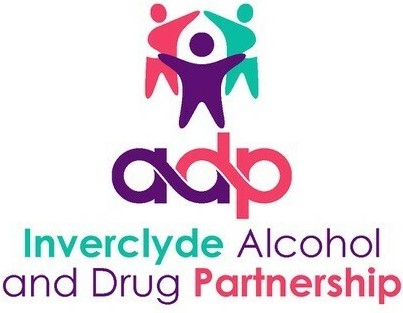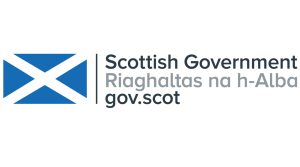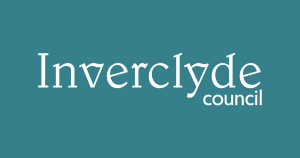Prevention & Education
What do we mean by alcohol and drugs prevention?
Prevention is defined as encouraging and developing ways to support and empower individuals, families and communities in gaining knowledge, attitudes and skills in which to avoid or reduce alcohol and drug issues and alcohol and drug related harm.
This means working in partnership with our communities to increase their knowledge on substances, the effects they can have and the harm they can contribute to. We also want to improve the skills people have to minimise harms and risks.
Is prevention work the same for everyone?
Prevention work can be split into different types:
- Primary prevention is first level and aims to avoid any initial initiation to risky behaviour. It attempts to stop issues before they start. It is typically delivered as universal work which targets the whole population.
- Secondary prevention aims to reduce the potential for alcohol and drug related risky behaviour to become problematic by reducing the amount of harm that is being caused (harm reduction). This type of prevention most often targets groups who may be at high risk of developing problems or experiencing harm.
- Tertiary prevention aims to reduce the potential for more harm to be caused when an individual or society decide to continue with a risky behaviour even when they have potentially been informed and are fully aware of the dangers (harm minimisation).


Is prevention work only about one thing?
Prevention work needs to take into account the following multi-component themes to ensure maximum effectiveness:
- Reducing stigma
- Asset based and person-led approaches
- Workforce development
- Harm reduction
- Whole system and person-centered
- Multiple risks and how they interact
- Trauma informed practice
- Health inequalities and deprivation
- Community empowerment
- Evidence informed






